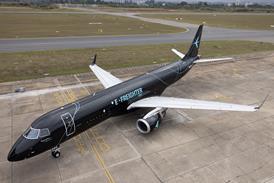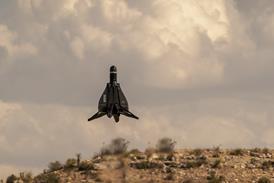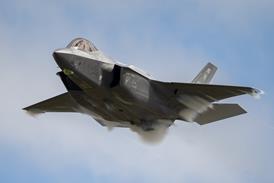XTL - "X to liquid" - generic term for fuels produced from coal, natural gas or biomass using the Fischer-Tropsch process. Synthetic jet fuel has been produced from coal by South Africa's Sasol and from gas by the USA's Syntroleum as well as Shell using its GTL pilot plant in Malaysia. Production of F-T fuel frombiomass is still in the early stages.
CAAFI - Commercial Aviation Fuels Alternative Fuels Initiative - a group sponsored by the US Federal Aviation Administration and associations representing manufacturers, airlines and airports, and which is working with the US Departments of Defense and Energy, NASA, the energy industry and academia to evaluate alternative fuels for civil aviation. CAAFI will recommend jet-fuel specification changes to standards body ASTM to allow use of first XTL F-T fuels and later biofuels.
FAME - fatty acid methyl esters - first-generation biodiesels produced by esterification, a process that adds oxygen and reduces energy density, making it unattractive for aviation use. FAME biofuels also have poor cold-flow characteristics, but a blend of no more than 20% biodiesel in kerosene could provide a small first step towards reducing aviation's use of fossil fuels. But using biodiesel would put aviation in competition with food supply and ground transportation, driving up the feedstock cost.
F-T - Fischer-Tropsch - a process invented in Germany in the 1920s to convert coal to liquid fuels. The feedstock - coal, gas or biomass - is first converted to a mix of carbon monoxide and hydrogen called synthesis gas, or syngas, then catalysed to form liquid hydrocarbons, which can be refined to produce a range of synthetic fuels, including jet fuel. Gasifying the feedstock requires a lot of energy and, in the case of CTL and to a lesser extent GTL, the F-T process produces much more carbon dioxide than refining crude oil, making it unattractive for reducing aviation's environmental impact. Using biomass as both the feedstock and energy source can result in overall reductions in CO2 emissions exceeding 90%, but cost is the issue.
DARPA - US Defense Advanced Research Projects Agency - the Pentagon agency's BioFuels programme is funding the development of new processes for producing bio-jet fuel affordably and sustainably from lower-grade feedstocks that would not compete for land with food crops. These potentially include oilseeds like camelina, which can grow in marginal soil algae, which promises significant oil yield from limited areas and cellulose crops like switchgrass, eucalyptus and even seed husks.
Source: Flight International























